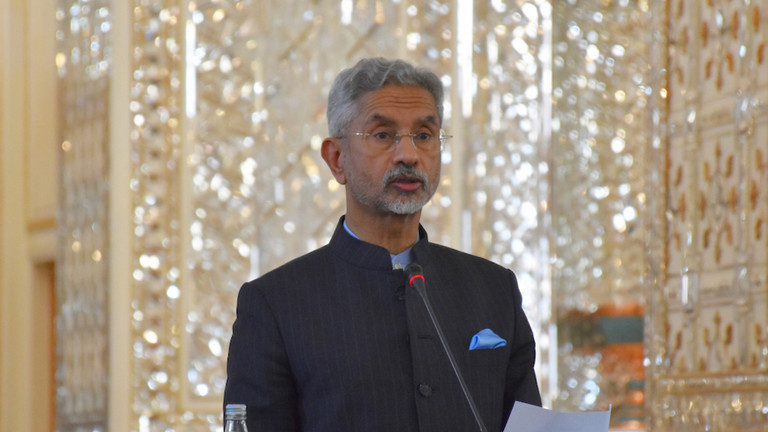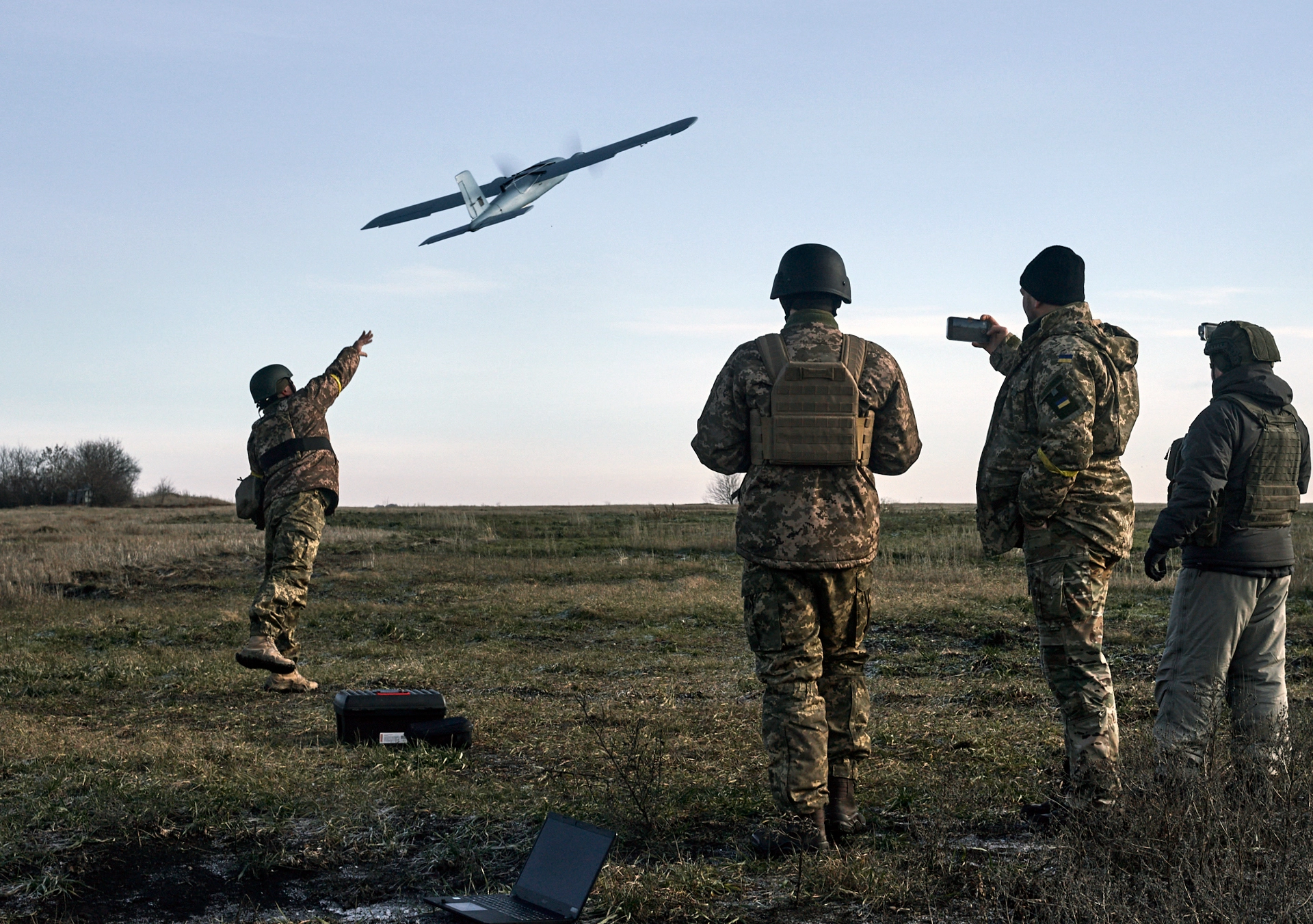India's Foreign Ministry has issued a strong call for de-escalation in the face of mounting tensions between Israel and Iran, emphasizing the urgent need to restore peace and security in the region.
Expressing Concern Over Escalating Hostilities
New Delhi voiced deep concern over the escalating conflict between Iran and Israel, which poses a significant threat to regional stability. This statement follows Iran's retaliatory attack on Israel, which occurred shortly after an airstrike on the Iranian consulate in Damascus, Syria. The attack resulted in the loss of seven officers from Iran’s Revolutionary Guard Corps (IRGC) Quds Force, including two generals.
Immediate De-escalation and Diplomatic Engagement
In a press release, India called for an immediate de-escalation of tensions, urging all parties to exercise restraint and refrain from further violence. Emphasizing the importance of diplomacy, India stressed the need for a peaceful resolution to the crisis. The government stated that it is closely monitoring the situation and maintaining communication with its diplomatic missions in the region, including those in touch with the Indian diaspora.
Concerns for Indian Nationals
Of particular concern to India is the safety and well-being of its citizens caught in the midst of the conflict. The recent seizure of the Israeli-operated container ship MSC Aries by the IRGC in the Persian Gulf has raised alarm, especially as 17 of the 25 crew members are Indian nationals. Indian authorities are actively engaging with their Iranian counterparts to ensure the security, welfare, and prompt release of these individuals.
Travel Advisory and Precautionary Measures
In light of the escalating tensions, India has issued a travel advisory urging its citizens to avoid travel to Iran or Israel. Those already residing in these countries are advised to exercise utmost caution and limit their movements. The advisory reflects India's commitment to the safety and well-being of its citizens amid the volatile situation in the region.
Military Escalation and Response
The recent exchange of hostilities between Iran and Israel, including the launch of drones, ballistic missiles, and cruise missiles, has heightened concerns over the potential for further escalation. While most of the projectiles were intercepted before reaching Israeli airspace, some caused minor damage. Iran's Revolutionary Guard Corps (IRGC) claimed responsibility for targeting key military sites in the occupied Palestinian territories in retaliation for alleged Israeli provocations.
Regional Implications and Diplomatic Efforts
India's diplomatic efforts extend beyond the immediate crisis, with Foreign Minister Subrahmanyam Jaishankar engaging in discussions with Iranian officials earlier this year. These talks addressed not only the current conflict but also broader regional challenges, including attacks on merchant vessels in strategic waterways. India's heightened naval presence in the Arabian Sea and the Gulf of Aden underscores its commitment to safeguarding its interests amid regional instability.
Conclusion
As tensions between Iran and Israel continue to escalate, India remains steadfast in its call for de-escalation and a return to diplomacy. With the safety of its citizens and regional stability at stake, India is actively engaged in diplomatic efforts to mitigate the crisis and uphold peace in the Middle East.
Is this content hitting the mark for you? If so, consider supporting my work—buy me a virtual coffee! 




